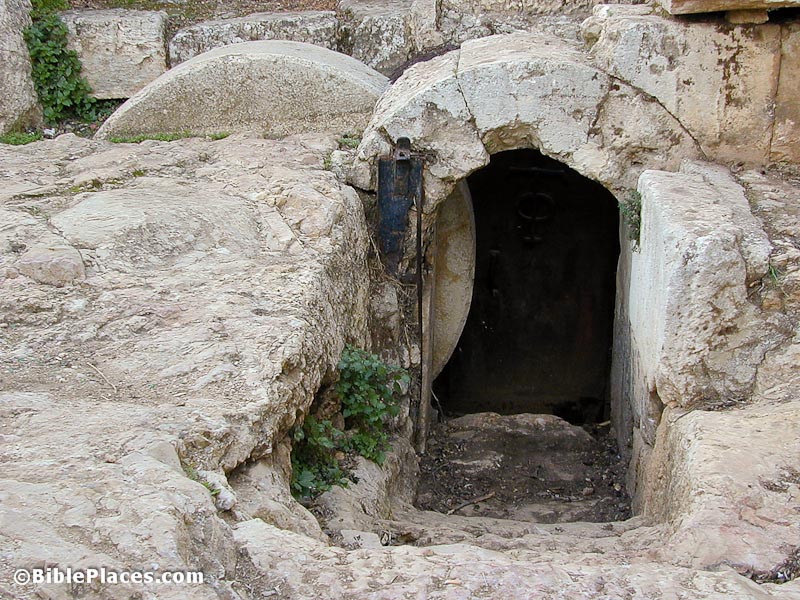The enigmatic “in the lightening to one of sabbath” derives from the beautiful Hebrew idiom, אור לאחד בשבת (or le’eḥad bashabāt, “light to one of the week”).
Teaching in Kefar Nahum
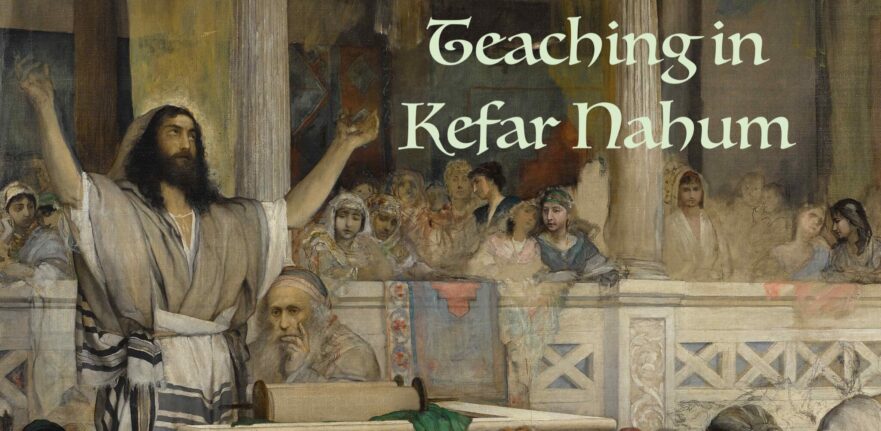
How to cite this article:
Joshua N. Tilton and David N. Bivin, “Teaching in Kefar Nahum,” The Life of Yeshua: A Suggested Reconstruction (Jerusalem Perspective, 2023) .
Romans 11: The Olive Tree’s Root
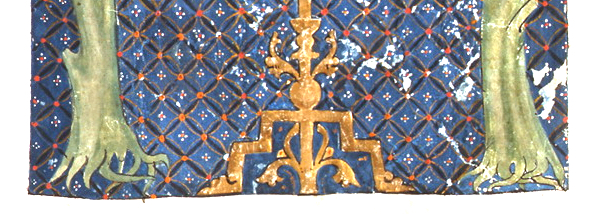
even the other families who dwell on the earth are not blessed except for Israel’s sake….”
The Jewish Cultural Nature of Galilee in the First Century
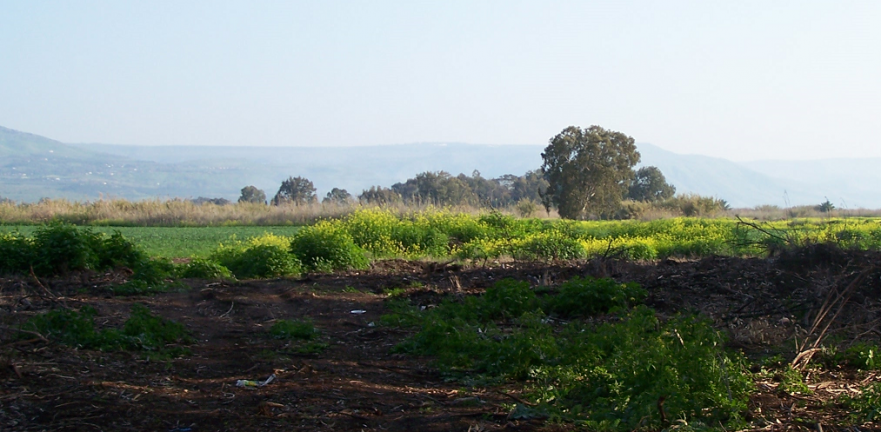
There is a great deal of literature describing the Jewish cultural nature of Galilee in the first century C.E. Several scholarly fields are involved.
Stephen’s Speech (Acts 7:1-53) and Early Jewish Scriptural Interpretation
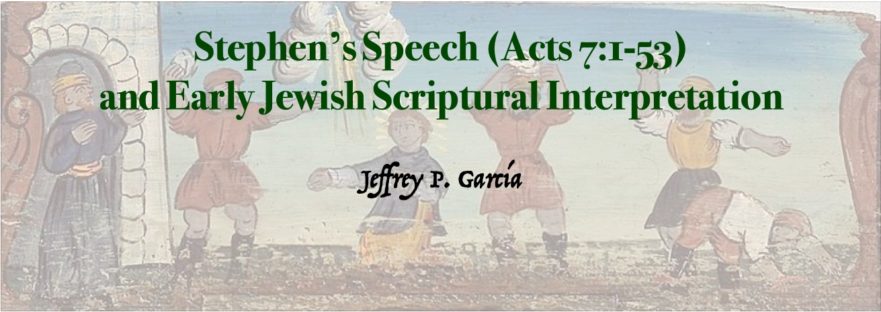
How to cite this article: Jeffrey P. García, “Stephen’s Speech (Acts 7:1-53) and Early Jewish Scriptural Interpretation,” Jerusalem Perspective (2022) .
What Is the Leaven of the Pharisees?
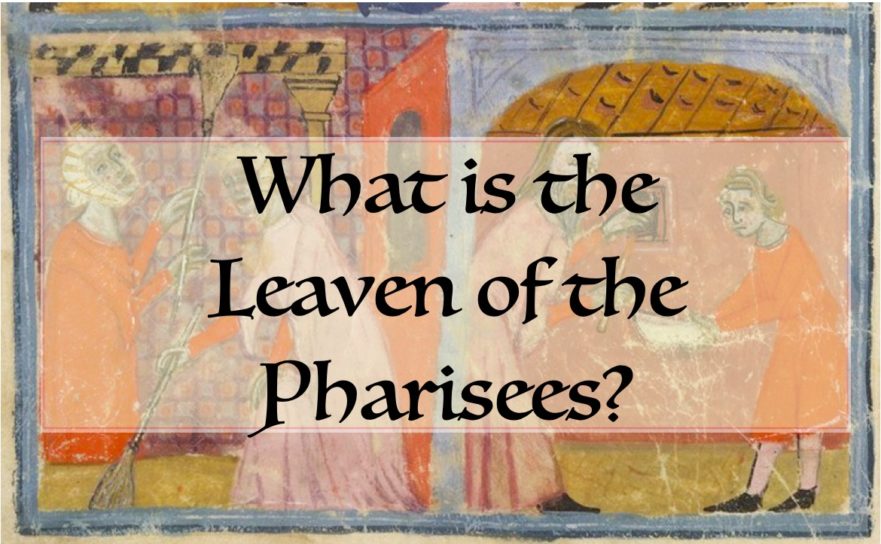
How to cite this article: JP Staff Writer, “What Is the Leaven of the Pharisees?” Jerusalem Perspective (2023) .
The Hebrew Life of Jesus
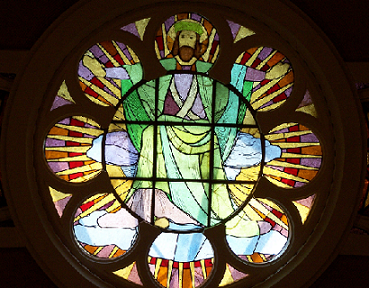
With respect to the enigmatic title, “son of man,” four points should be made:
- The expression ὁ υἱὸς τοῦ ἀνθρώπου (ho huios tou anthrōpou, “the son of the man”) was annoying to Greek ears, for we never find this title outside the Gospels and Acts.
From Ezekiel 17:24 and 21:3 to Luke 23:31: A Survey of the Connecting Jewish Tradition
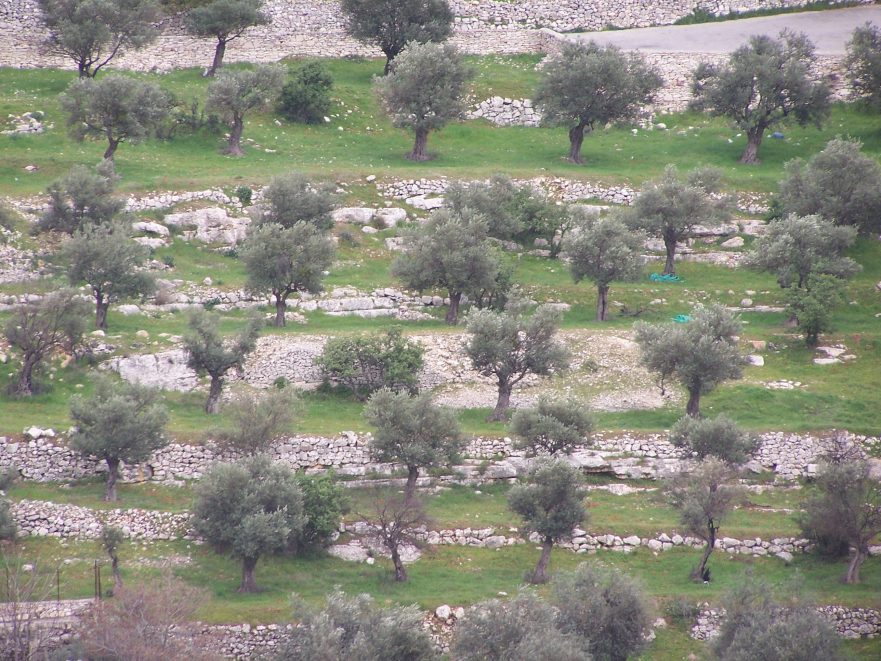
Introduction
Material from Ezekiel 17:24, and more often 21:3 (20:47 in the English Bible) has often been cited as the source of Jesus’ saying in Luke 23:31, “If they do this when the wood is green, what will happen when it is dry?” Other commentators have questioned this assumption. If the material was borrowed from Ezekiel, however, was it borrowed directly or was it sifted through hundreds of years of usage, only to find its way into the mouth of Jesus?
When addressing these questions, it becomes immediately apparent that despite the numerous interpretations offered, there has been no attempt to gather all the pertinent sources together. Nor has there been any attempt to offer anything resembling a comprehensive analysis of all the relevant material.
Like Lightning from Heaven (Luke 10:18): Jesus’ Apocalyptic Vision of the Fall of Satan
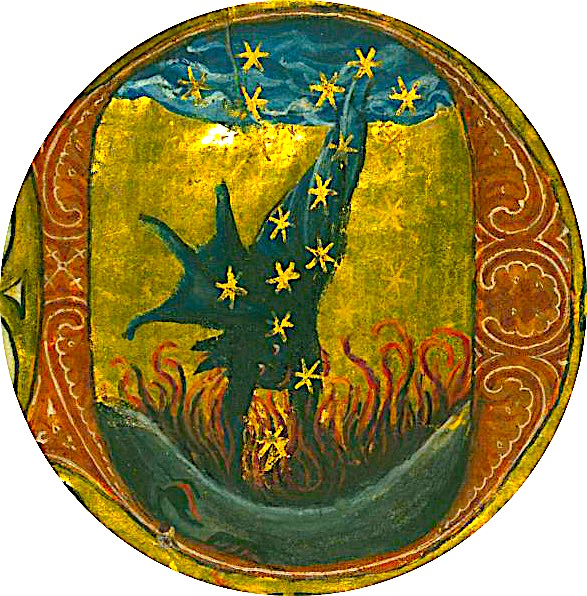
12:7Now war arose in heaven, Michael and his angels fighting against the dragon; and the dragon and his angels fought, 8but they were defeated and there was no longer any place for them in heaven. 9And the great dragon was thrown down, that ancient serpent, who is called the Devil and Satan, the deceiver of the whole world—he was thrown down to the earth, and his angels were thrown down with him. 10And I heard a loud voice in heaven, saying, “Now the salvation and the power and the kingdom of our God and the authority of his Christ have come, for the accuser of our brethren has been thrown down, who accuses them day and night before our God. 11And they have conquered him by the blood of the Lamb and by the word of their testimony, for they loved not their lives even unto death. 12Rejoice then, O heaven and you that dwell therein!
Possessed Man in Girgashite Territory
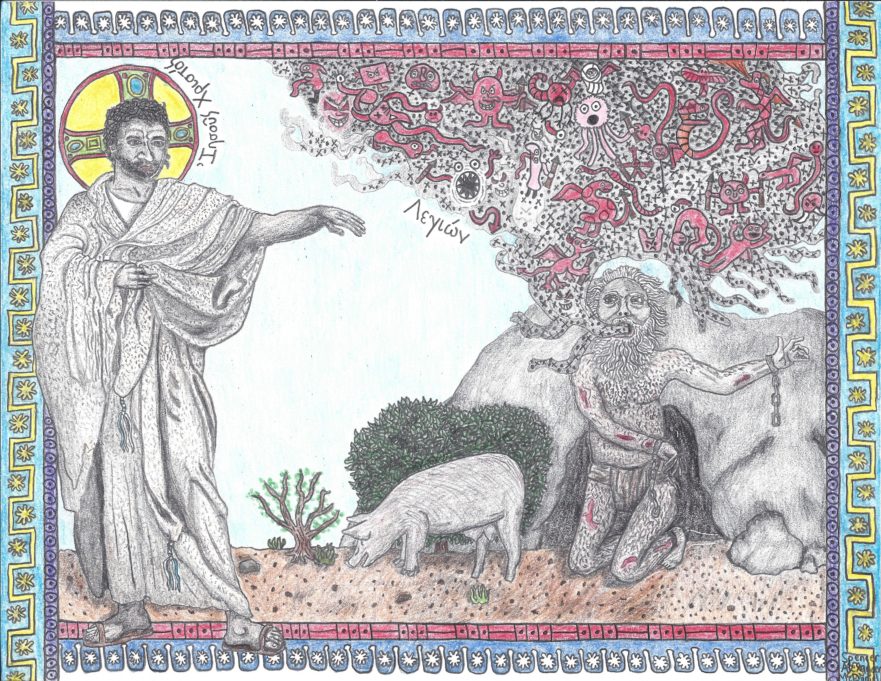
How to cite this article:
Joshua N. Tilton and David N. Bivin, “Possessed Man in Girgashite Territory,” The Life of Yeshua: A Suggested Reconstruction (Jerusalem Perspective, 2023) .
Jesus’ Place in First-century Judaism and His Influence on Christian Doctrine

How to cite this article: David Flusser, “Jesus’ Place in First-century Judaism and His Influence on Christian Doctrine” Jerusalem Perspective (2014) .
Jesus’ Yoke and Burden
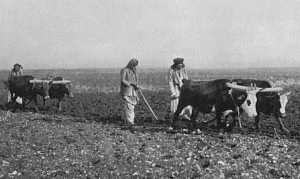
Although extraordinarily beautiful, Jesus’ saying recorded in Matthew 11:28-30 is enigmatic.
Carrion Birds
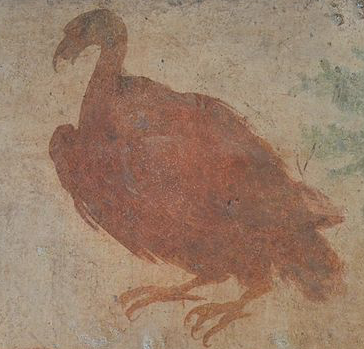
—and receive an enigmatic answer (“Where the body is, there too the eagles gather upon it”).
Persistent Widow Parable
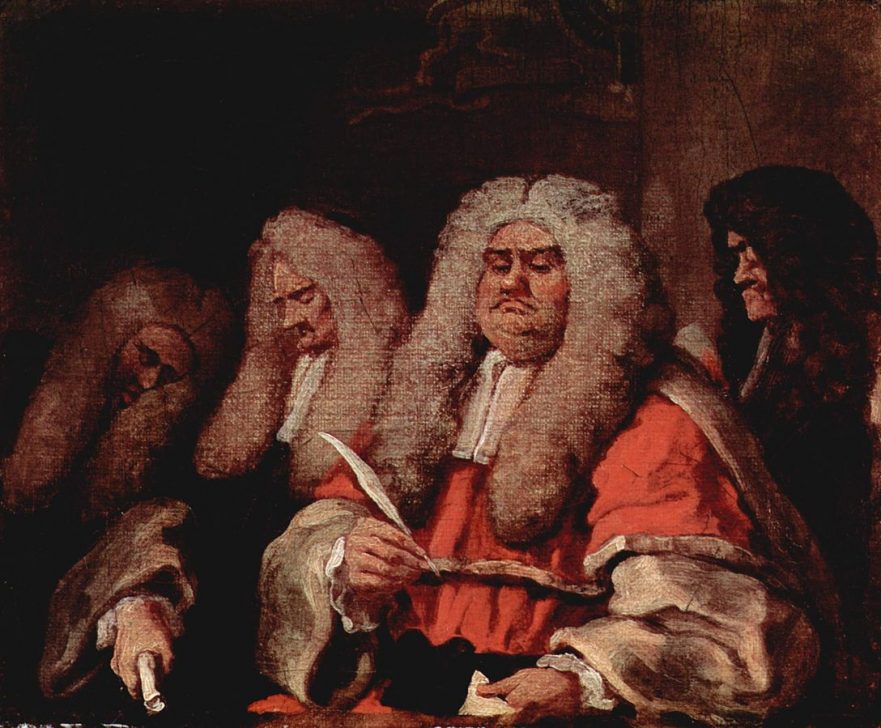
Luke 18:1-8
(Huck 185; Aland 236; Crook 289)For abbreviations and bibliographical references, see “Introduction to ‘The Life of Yeshua: A Suggested Reconstruction.'” Revised: 21 October 2022
וַיִּמְשׁוֹל לָהֶם מָשָׁל לֵאמֹר דַּיָּן הָיָה בְּעִיר פְּלוֹנִית שֶׁלֹּא יָרֵא שָׁמַיִם וְאָדָם לֹא כִּבֵּד וְאַלְמָנָה הָיְתָה בְּאֹתָהּ הָעִיר וְהָיְתָה בָּאָה אֵלָיו לוֹמַר שָׁפְטֵנִי מִיַּד בַּעַל דִּינִי וְהָיָה מְמָאֵן זְמַן הַרְבֵּה וְאַחֲרֵי כֵן אָמַר בְּלִבּוֹ אַף עַל פִּי שֶׁאֵינִי יָרֵא שָׁמַיִם וְאָדָם אֵינִי מְכַבֵּד מִפְּנֵי שֶׁמֵּבִיאָה עָלַי צָרָה אַלְמָנָה זוֹ אֶשְׁפוֹט אוֹתָה שֶׁמָּא תָּבוֹא וְתִפְגַּע בִּי לְעוֹלָם וַיֹּאמֶר הָאָדוֹן שִׁמְעוּ מַה דַּיַּן הָרֶשַׁע אוֹמֵר וְהֲלֹא יַעֲשֶׂה שָׁמַיִם מִשְׁפַּט בְּחִירָיו הַצּוֹעֲקִים לוֹ בַּיּוֹם וּבַלַּיְלָה הֲמִתְאַפֵּק עֲלֵיהֶם אֲנִי אוֹמֵר לָכֶם יַעֲשֶׂה מִשְׁפָּטָם בִּמְהֵרָה
Then Yeshua told them this parable: “There was a judge in a certain town who was not a God-fearing man, neither was he concerned about human welfare. Nevertheless, there was a widow in that town who kept coming to him demanding, ‘Rescue me from my legal opponent’s power!’ But the judge kept refusing her for a long time.
Some time later, however, the judge thought to himself, ‘Although I am not a God-fearing man, and although I have no concern for human welfare, yet because this widow keeps on bothering me, I will rescue her, or else she’ll keep on coming to pester me forever!'”
Notes on the New Testament as a Witness for Broader Jewish Patterns in Jesus’ Times
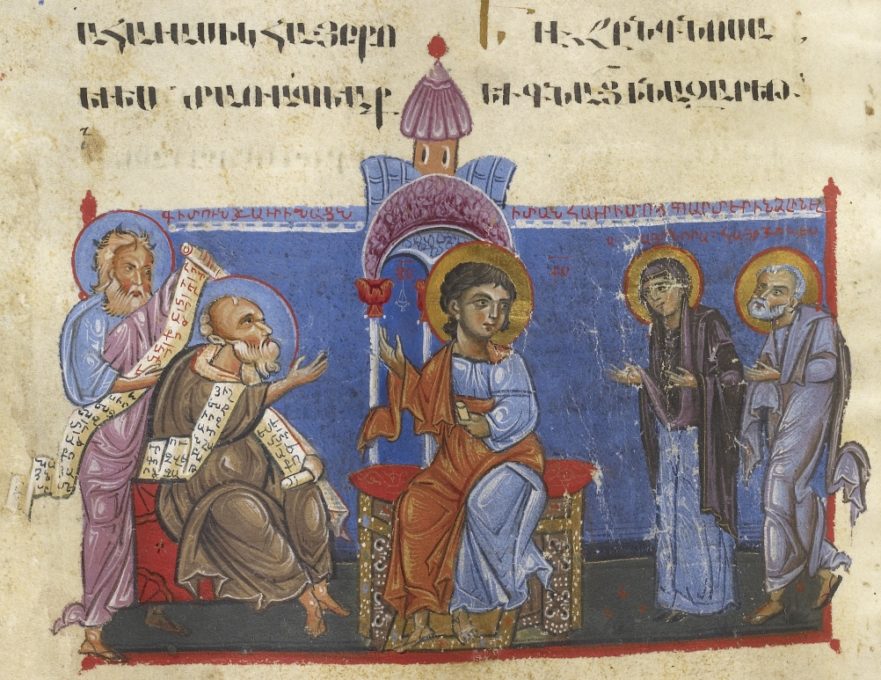
If the argument for the Jewish matrix of the early Jesus-centered tradition is taken seriously, the New Testament sources should be expected not only to react to elements of that matrix, but also to reflect them. It is here that study of the Jewish setting of early Christianity for the sake of better understanding the latter morphs into the investigation of early Jesus movement sources as witnesses for broader Jewish tendencies. Scholars of Qumran developed salient methods and insights that allow us to learn from the Scrolls not only about the particular group that seems to have produced them, but also about its rivals as well as “wider Judaism.” It stands to reason that a similar effort can contribute to critical assessment of the “witness value” of the earliest Christian writings: We can suppose that much of the material found there mirrors more general patterns of broader Jewish thought and practice.
Myth of the Pagan Origins of Christianity
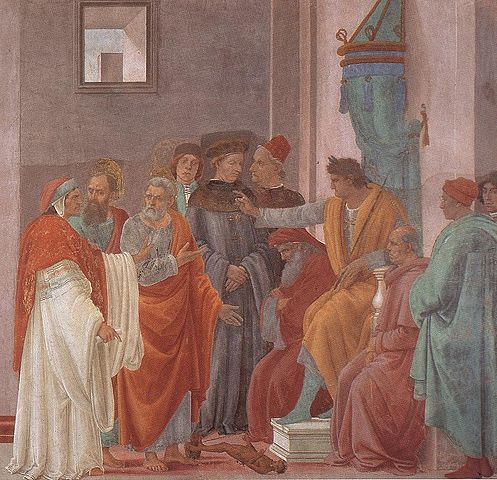
How to cite this article: David Flusser, “Myth of the Pagan Origins of Christianity” Jerusalem Perspective (2014) .

